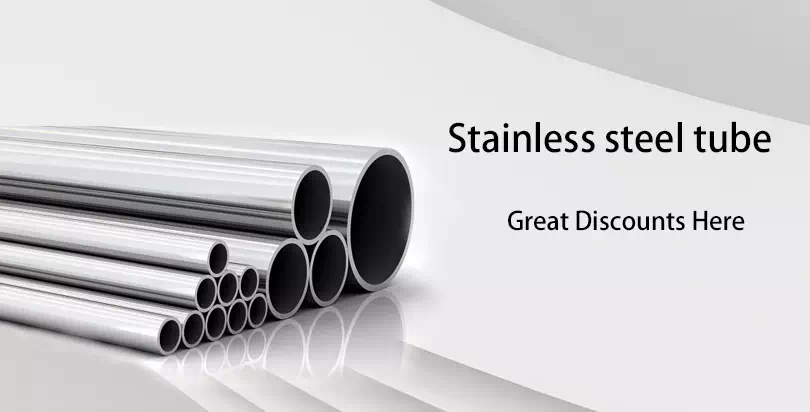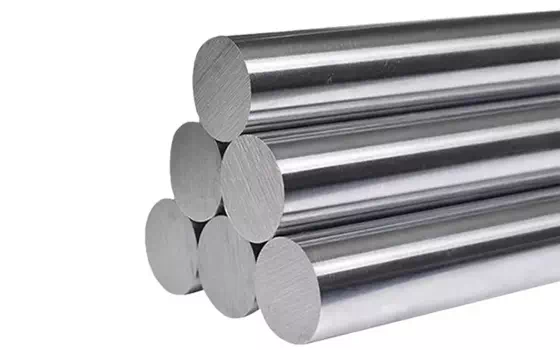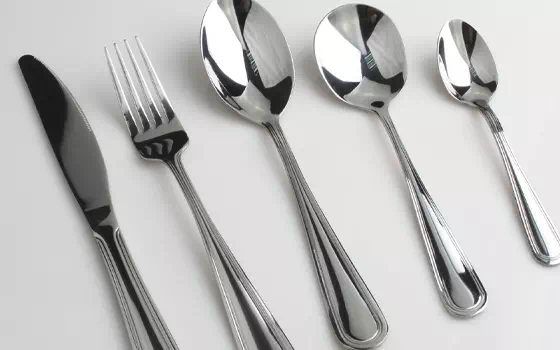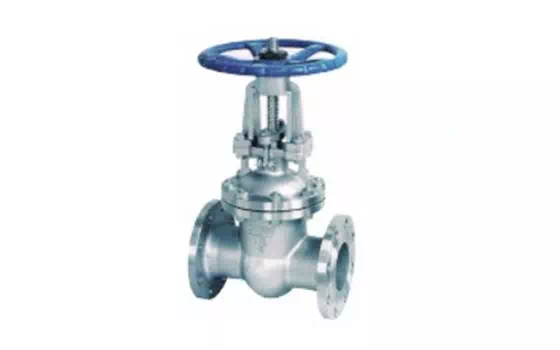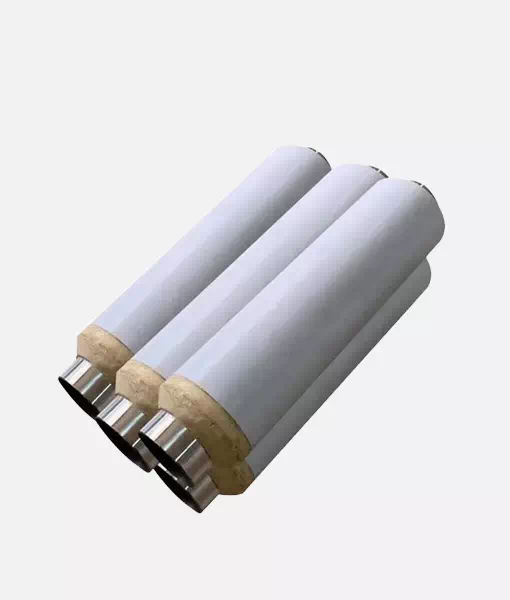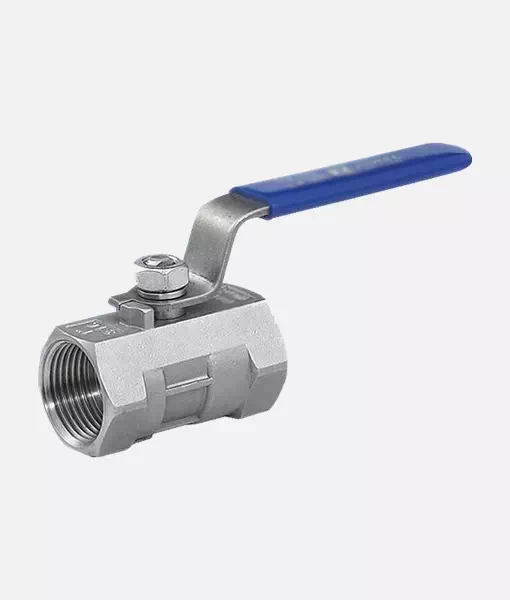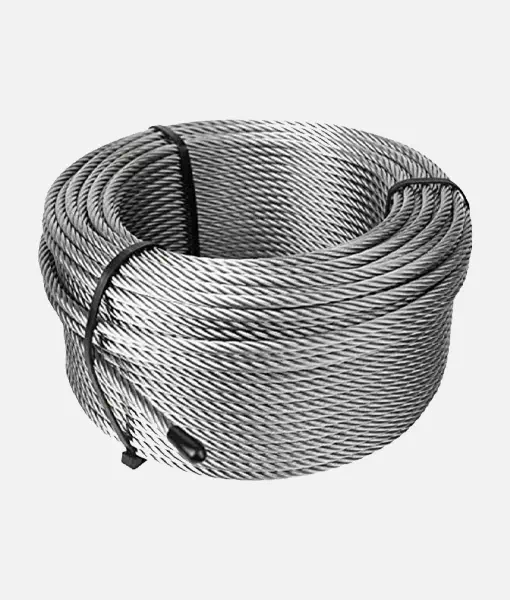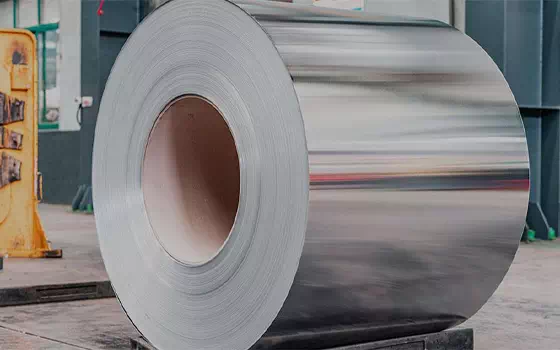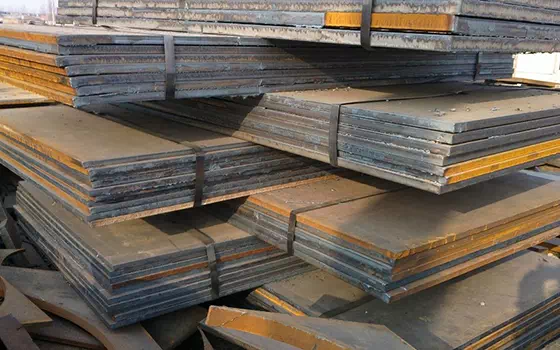Compared with stainless steel in industrial structure, medical stainless steel is required to maintain excellent corrosion resistance in the human body, in order to reduce the dissolution of metal ions, to avoid intergranular corrosion, stress corrosion and other local corrosion phenomena, to preven
Compared with stainless steel in industrial structure, medical stainless steel is required to maintain excellent corrosion resistance in the human body, in order to reduce the dissolution of metal ions, to avoid intergranular corrosion, stress corrosion and other local corrosion phenomena, to prevent implant failure and fracture. In order to ensure the safety of implanted devices, the requirements on their chemical composition are relatively strict.
For medical stainless steel, especially for implantation stainless steel, the content of alloying elements such as nickel and chromium is higher than that of ordinary stainless steel (usually up to the upper limit of ordinary stainless steel), and the content of impurity elements such as S and P is lower than that of ordinary stainless steel. The size of non-metallic inclusions in the medium should be less than 115 grade (thin series) and 1 grade (coarse series), the general industrial stainless steel standards have no special requirements for inclusions.
In order to avoid intergranular corrosion of medical stainless steel, it is also required to have a low C content, and the early regulation of C content should not be higher than 0108% and 0103% two grades (mass fraction). With the advancement of metallurgical technology and the improvement of application requirements, in the domestic and foreign standards of medical stainless steel revised in recent years, all require that the C content in steel should not exceed 0.103% (such as ASTMF138-03, ASTMF139-03, ISO5832-1-2007, GB4234-2003).
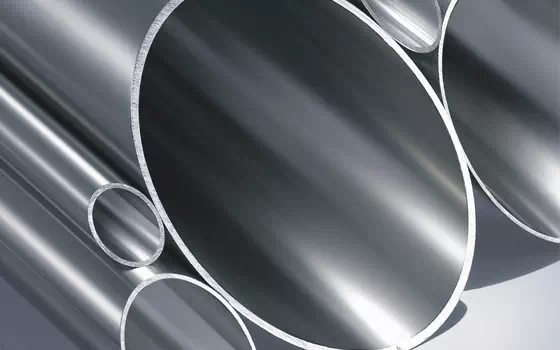
Medical stainless steel commonly used 316L or 317L austenitic stainless steel in solid solution state of low strength and hardness, but through cold processing deformation can improve its strength and hardness. Therefore, stainless steel used clinically for surgical implants is usually in the cold working state (cold working deformation of about 20%) to meet the high strength and high hardness required for implant instruments, but the cold working state increases the stress corrosion and corrosion fatigue damage of medical stainless steel.
Because of its good biocompatibility, good mechanical properties, excellent resistance to fluid corrosion and good formability, medical stainless steel has become a widely used medical implant material and medical tool material in clinic. Medical stainless steel is widely used in the production of various artificial joints and fracture internal fixation devices, such as a variety of artificial hip, knee, shoulder, elbow, wrist, ankle and knuckle, as well as various specifications of osteotomy connectors; Compression plate, goose skull nail, intramedullary nail, bone traction line, artificial vertebral body, and skull plate, artificial vertebral body, etc.
In dentistry, medical stainless steel is widely used in inlays, orthodontics, root implants and auxiliary devices, such as various crowns, Bridges, fixed brackets, clasps, base brackets, various specifications of inserts, orthodontic arch wires, dentures and jaw defect repair.
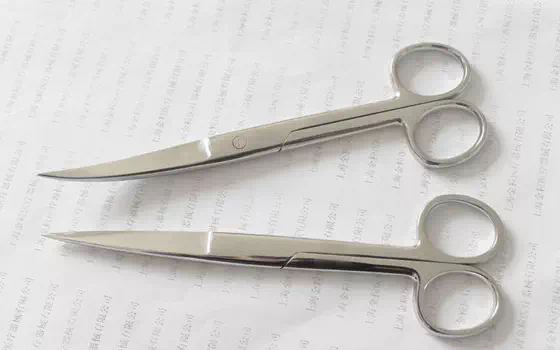
In recent years, the demand for medical stainless steel wires, rods, orthopedic plates, screws and other semi-finished products of high quality and low cost has increased significantly in the Chinese medical device industry, and the demand is more than several hundred tons per year. At present, there are only two stainless steel standards for medical implants in China, which are GB4234 (basically equivalent to ISO 5832-1 and ASTMF138) and YY060519-2007 (equivalent to IS05832-9, corresponding to ASTMF1586). Standardization of medical stainless steel lags far behind that of the United States (six stainless steels for surgical implants have been revised so far). Therefore, the standard revision of new medical stainless steel is also an important part of the research and development of Chinese medical stainless steel in the future.


